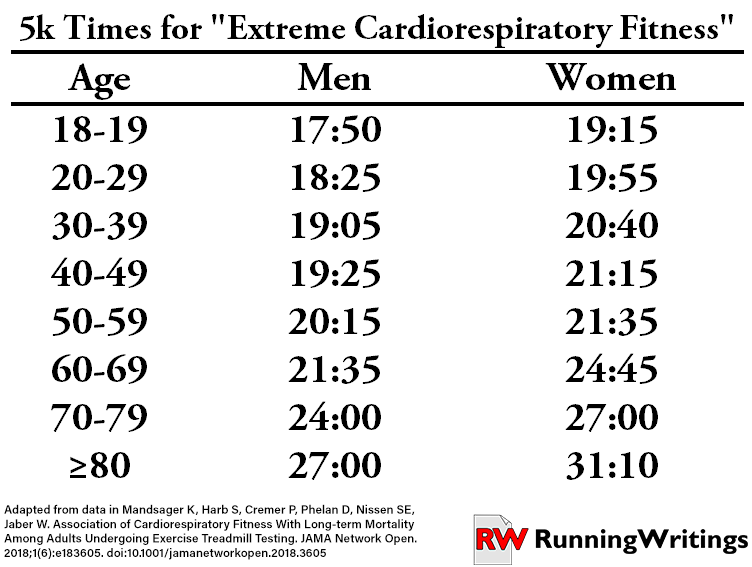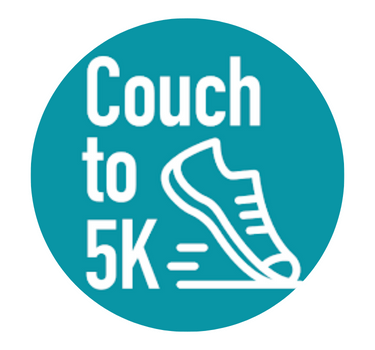Conquering The 5K In Your 50s: Your Ultimate Guide To Running Strong
Is it too late to start running at 50+? How long does it take to learn to run a 5K? How do I start a couch to 5K? For years, many of us have asked ourselves these very questions, as the idea of running a 5K has always been on our minds. The good news? It’s absolutely not too late! Running in your 50s is not just possible; it’s a fantastic way to boost your health, improve cardiovascular fitness, and stay strong.
First, let’s clear up what a 5K actually is. A 5K is 5 kilometers, which equals 3.1 miles. That’s barely more than three miles! To help you picture it: it’s about 50 city blocks. (Yep, 50! But don’t let that freak you out – it’s totally doable!). It’s a manageable distance that offers a perfect blend of challenge and accessibility for runners of all levels, especially those embarking on their running journey later in life.
In this article, we will cover essential tips tailored specifically for those in their 50s, ensuring you set realistic goals, follow effective training methods, and prioritize proper nutrition for recovery to achieve your 5K dreams. Whether you want to complete a 5K, triathlon, or just make running a part of your life, this guide will help you get started, so you can take on running and reach your goals.
- Alicia Lyons
- Ben Washburn
- Chicken Club Salad Jasons Deli
- Kurt And Sandy Bangerter Pool
- Pamela And Wes Mccoy Florida
Why Embrace Running in Your 50s?
Beyond the simple act of putting one foot in front of the other, running offers a wealth of benefits, particularly as we age. As mentioned, running in your 50s is a great way to improve cardiovascular fitness and stay strong. It's a full-body workout that strengthens your heart and lungs, improves circulation, and helps maintain bone density. But the benefits aren't just physical. There's a profound sense of accomplishment and mental clarity that comes with regular running, fostering a "fun and young" spirit, as some inspiring runners aiming for "50 states in our 50's" would attest. Their mission? "Killing the Game. Just getting started. Fun and Young. To run a 5K in all 50 states while bringing the love and support for these charities." This exemplifies the vibrant energy and purpose running can bring to your life.
Understanding 5K Times: What's Realistic for You?
When you start looking into 5K running, you might stumble upon various statistics regarding finish times. A good 5K time is often cited as 23:58. This is the average 5K time across all ages and genders. However, the average 5K time varies based on factors including age, gender, and ability. For instance, the overall average 5K time is around 40 minutes for females and 34 minutes for males. Use our handy guide to gauge where your own time sits, but remember that these are just averages, not mandates. Your personal best is what truly matters.
It's also inspiring to see what's possible. The fastest 5K time ever recorded is an astonishing 12:51. While that's an elite performance, it shows the incredible potential of the human body. Even within the 50+ age group, runners can achieve impressive speeds. For example, Meta boss Mark Zuckerberg ran the Stanford Medicine My Heart Counts 5K for the third year in a row, coming in at his second fastest time, 20:35. That translates to a 6:38 per mile pace, which is phenomenal for someone in their 50s. Another inspiring anecdote highlights that "the masters age groups are FAST." One runner recalled their first 5K race in the 50-54 age group where they came in 4th with a 19:23 time. The first place was a high-17, and the next two were mid-18s. This runner was 11th overall out of roughly 500 participants, demonstrating that age is truly just a number when it comes to dedication and training. These examples show that while you should set realistic goals for yourself, don't underestimate your potential!
- Lip Liner Tattoo Near Me
- Bas Net Worth
- Coffee More Coffee
- Grãvida Pode Tomar Coenzima Q10
- Lifeguard Whistle Codes
The Unique Challenges of Running in Your 50s
While running is incredibly beneficial, our bodies do change with age, and it’s crucial to acknowledge these changes to train safely and effectively. As we reach our 50s, muscles get tight and connective tissue loses its elasticity. This is a one-two punch that can cause injury and force a shortened stride, slowing you down. Since running is tough on your muscles and joints, it can also lead to injury if you don't adapt your training routine to suit your body's evolving needs.
This isn't to discourage you, but rather to emphasize the importance of smart training. The key takeaway here is to make range of motion a priority. Prepping your body with proper warm-ups and incorporating flexibility and strength work will be your best allies in preventing injuries and maintaining your stride.
Your Step-by-Step Guide to Training for a 5K in Your 50s
Ready to lace up? Here are essential tips from run coaches on how to start running in your 50s and beyond:
Starting Slow and Steady
If you're starting, taking things slowly at first is essential. Don't try to run the entire 3.1 miles on day one. A common and highly effective approach is the "couch to 5K" method. Try running for a few minutes, then switch to walking. This run-walk method allows your body to adapt gradually, building endurance without overstressing your system. Try gradually increasing your run time until you can complete the entire 5K without stopping. For example, try completing 1K (0.6 miles) first, then slowly build up your distance. Consistency, not speed, is your initial goal. Remember, it's a journey, not a sprint.
Adapting Your Training Routine
Given the changes in muscle elasticity and connective tissue, adapting your routine is paramount. Brad Nadauld and sport scientist Lindsey Parry often dig into 5K times for runners over 50, emphasizing smart training. Here’s what to focus on:
- Prioritize Range of Motion: As mentioned, this is crucial. Incorporate dynamic stretches before your runs (like leg swings and arm circles) and static stretches afterward (holding stretches for 20-30 seconds). Consider adding activities like yoga, Pilates, or tai chi to your weekly routine to improve flexibility, balance, and core strength, all of which support good running form and reduce injury risk.
- Incorporate Strength Training: Building muscle strength, especially in your glutes, quads, hamstrings, and core, can help protect your joints, improve your running efficiency, and even increase your speed. Focus on functional movements like squats, lunges, planks, and glute bridges. You don't need heavy weights; bodyweight exercises or light resistance can be very effective.
- Listen to Your Body: This is perhaps the most important tip for runners in their 50s. Pay close attention to any aches, pains, or unusual fatigue. Don't push through sharp pain; it's your body's way of telling you something is wrong. Rest days are not a sign of weakness; they are a critical part of your training, allowing your body to recover, repair, and rebuild stronger.
- Consider Cross-Training: Incorporate low-impact activities like swimming, cycling, or elliptical training into your routine. These activities can significantly improve your cardiovascular fitness without putting extra stress on your muscles and joints, providing a beneficial break from the repetitive impact of running.
The Role of Nutrition and Recovery
Proper nutrition for recovery is just as important as your training runs. Your body needs the right fuel to perform and repair itself. Focus on a balanced diet rich in lean proteins (for muscle repair), complex carbohydrates (for energy), and healthy fats (for overall health and inflammation reduction). Hydration is also key, especially on running days and throughout your training period. Dehydration can significantly impact performance and recovery.
Equally vital is adequate rest. Sleep allows your muscles to repair and your body to rejuvenate. Don't skimp on sleep, especially during your training period, as it plays a crucial role in injury prevention and overall well-being.
Beyond the Finish Line: Staying Motivated
Achieving your 5K goal is a fantastic milestone, but the journey doesn't have to end there. Whether you want to complete a 5K, triathlon, or just make running a part of your life, this is the best place to be. The feeling of accomplishment, the improved health, and the mental well-being are incredibly rewarding. Remember, it's totally doable! Embrace the process, celebrate your progress, and enjoy the incredible benefits that running brings to your life in your 50s and beyond.
Final Summary: Running a 5K in your 50s is an achievable and highly rewarding goal that offers significant cardiovascular and mental health benefits. While average 5K times vary based on age and gender, and your body undergoes natural changes with age, success is within reach by adopting smart training strategies. Key steps include starting slow with a run-walk approach, gradually increasing your distance, prioritizing range of motion and strength training, and focusing on proper nutrition and adequate recovery. It's never too late to start, and by adapting your routine to suit your body's evolving needs, you can enjoy improved fitness, stay strong, and experience the profound joy of crossing that 5K finish line.
- Kate Mcbride
- Traditional Tattoo Artist
- Alexis Doyle
- Brooke Williams Basketball
- Light Community Church

Can improving your 5k time increase your lifespan? A look at extreme

Average 5k times for the over 50s: how does yours compare?

Best Fitness Apps for Over 50s and 60s | Fitness Drum